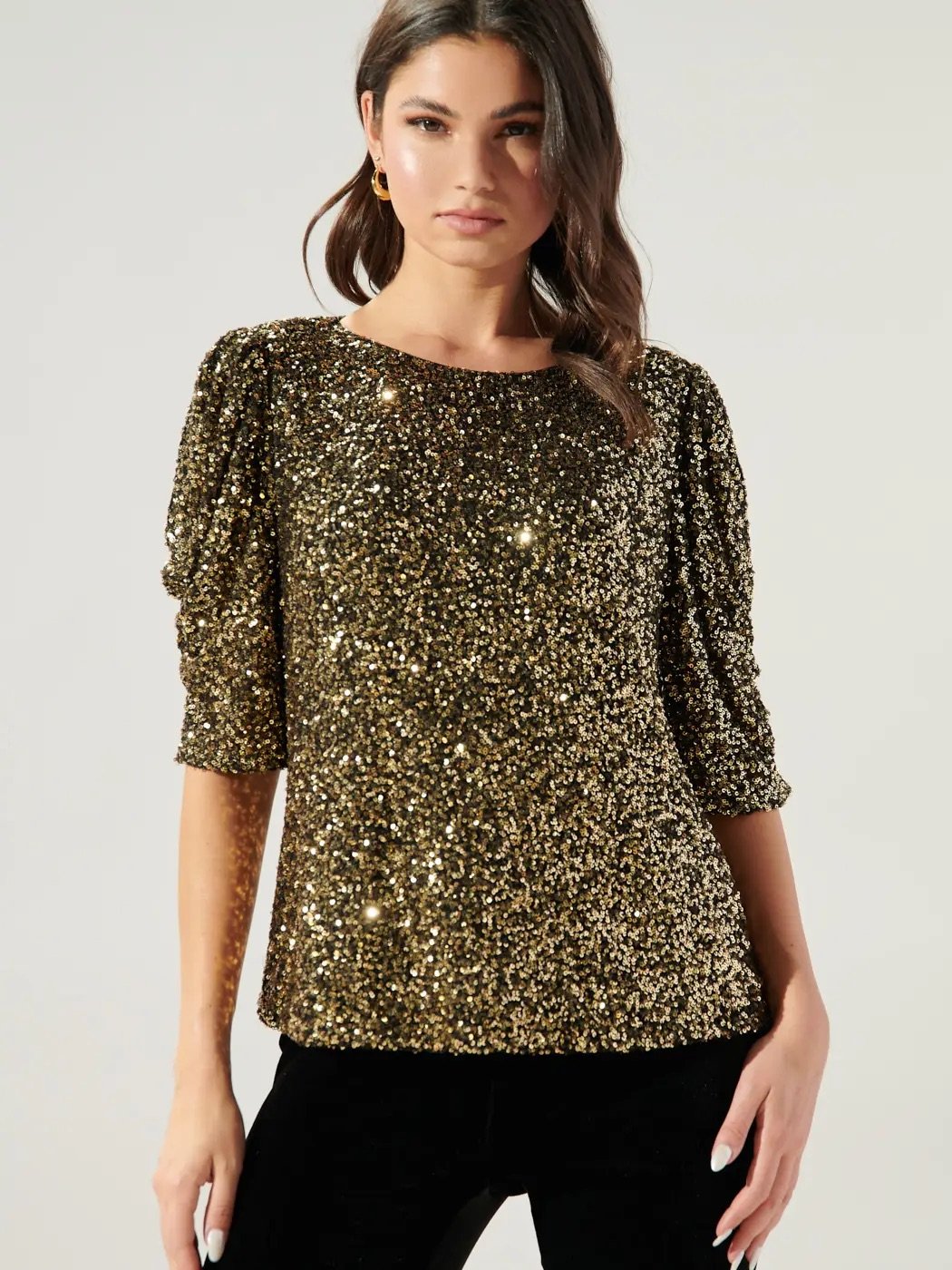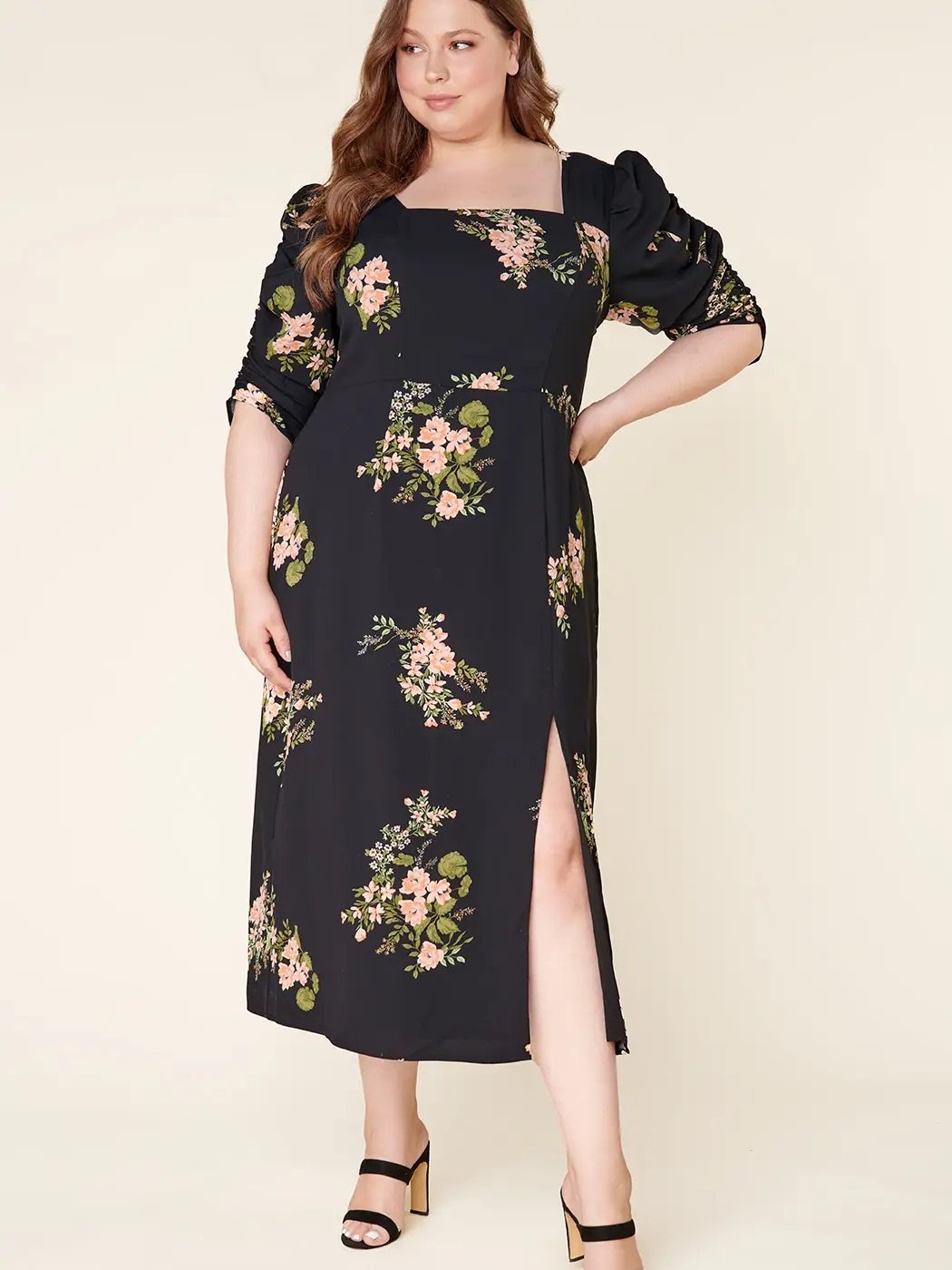Do Hair Loss Vitamins Actually Work? An Expert Reveals All
Experiencing hair loss can be both stressful and embarrassing and can really knock a person’s confidence. Vitamins to help prevent hair loss can be taken and are a good way to help keep hair healthy and prevent further loss. Here, Abbas Kanani, Superintendent pharmacist at Chemist Click explains in further detail all there is to know about these vitamins.
What causes hair loss?
Hair loss could be down to a few things which include; genetics, stress, diet, lifestyle, medical conditions or certain medication. Some factors such as genetics and age cannot be controlled however taking the right vitamins should help to minimise hair loss and promote healthy, growing hair. When your body is deficient in vitamins, it produces a response to conserves energy, and one the first processes to conserve energy is hair loss, causing hair follicles to remain in the resting phase for longer than usual. To prevent this from happening it is essential that you nourish your body with essential vitamins.
Which vitamins prevent hair loss?
Certain vitamins such as Vitamins A, B, C, D AND E can work to reduce hair loss and promote healthy hair, deficiencies in these vitamins can be supplemented by a healthy diet or taking vitamin supplements.
Biotin
Biotin can help with hair loss and can help to produce hair that is thicker. It works by preventing damage to hair follicles and strengthens hair to prevent it from falling out. Biotin is a B-vitamin which helps the body convert food to energy. Studies have shown that Biotin promotes hair growth, as well as reduces the rate at which hair is lost. Biotin can be found in naturally foods such as eggs, nuts and meat. If you are not able to get enough biotin naturally, you should take a biotin supplement.
Vitamin A
Vitamin A helps hair growth and reduces hair loss by helping glands in the scalp produce an oily substance known as sebum. Sebum helps to keep the scalp moist, which in turn, promotes hair growth and stops hair loss. However, too much vitamin A can cause hair loss. Excess vitamin A can cause over stimulation of hair follicles, causing hair to reach the end of the growth phase quicker than usual, resulting in hair loss. This can cause your hair to thin and fall out. There is a fine line between getting the right amount of vitamin A and having too much. Foods rich in vitamin A include sweet potatoes, spinach, oily fish and eggs.
Vitamin C
The damage from free radicals, can damage hair follicles causing hair to fall out. Vitamin C is an antioxidant that reduces the stress placed on hair follicles by free radicals. A lack of vitamin C can also cause anaemia, a side effect of which is hair loss. An added benefit of vitamin C is that it produces collagen, an amino acid which acts as a building block for thick and healthy hair. Foods rich in vitamin C include peppers, guavas, broccoli and citrus fruits.
Vitamin D
Vitamin D helps to reduce hair loss by stimulating the development of hair follicles, improving hair growth. Hair follicles are important, as they are the small holes on the skin that hair grows from. New hair follicles can help to sustain thickness and stop existing hair loss. A lack of vitamin D can cause hair to thin and shed. The best source of vitamin D is from sunlight. During months where sunlight is limited, you should look to other sources such as oily fish, eggs and red meat. If you are unable to gain an adequate amount of vitamin D from your diet, you can take a supplement.
Vitamin E
Vitamin E can help to increase blood flow to the scalp, stimulating hair follicles to produce healthy hair. It also works to create a barrier of protection the surface of the scalp, locking in moisture to prevent a dry scalp. An unhealthy scalp can affect the quality of hair, and vitamin E works to provide a strong base for hair to grow from, by maintaining the protective layer. Vitamin E is also a powerful antioxidant, which can stop oxidative stress.
So, do hair loss vitamins really work?
Vitamins can help to prevent hair loss caused by a bad diet, but it’s important to know which supplements help where. We would often recommend looking at your diet and lifestyle first when tackling any health concern, however if you are still missing vitamins then supplements could be the next best thing. . Incorporating the right hair loss vitamins and minerals can help to promote hair growth and reduce shedding.
Hair loss can also be a side effect of a medication or medical treatment. If your hair loss is caused by issues to do with your health, you should visit your GP, as it is unlikely vitamins will work. Your doctor may prescribe treatments such as Finasteride.













